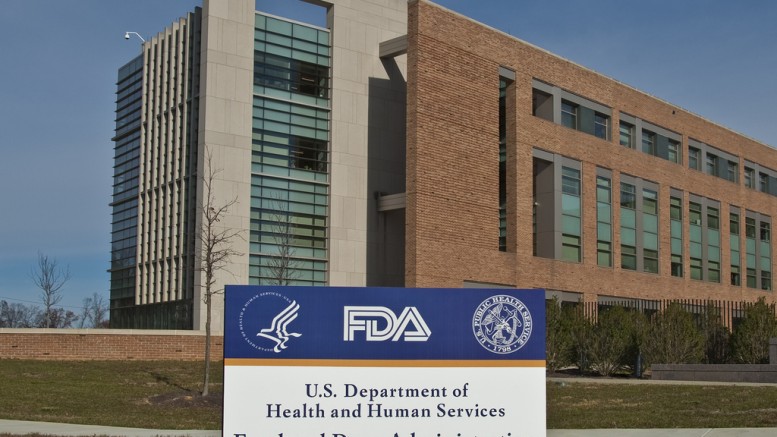The pharmaceutical company Apnimed has recently announced receiving Fast Track designation from the US Food and Drug Administration (FDA) for AD109, a novel oral drug for the treatment of obstructive sleep apnea (OSA). The fast track designation has been described as a “significant milestone” that guarantees the medication will reach full approval in a much shorter timespan. The accelerated regulatory pathway does, in fact, represent an important step in providing patients affected by sleep apnea a new and effective therapy. Besides the symptoms such as sleepiness and daily fatigue associated with it, sleep apnea poses a serious health risk due to its association with more serious and life-threatening conditions such as diabetes and cardiovascular diseases.
This disorder, which affects nearly 35 million US people, is currently lacking a recommended pharmacological therapy, and AD109 poses to be the first-in-class oral medication to provide relief. While other medications including protriptyline, acetazolamide, fluoxetine, and medroxyprogesterone are sometimes prescribed for OSA, none of them has ever received official recommendation. Other stimulant drugs such as modafinil, armodafinil and solriamfetol are used to improve wakefulness in patients with excessive daytime sleepiness, but they are all associated with serious side effects.
AD109 is Apnimed’s latest investigational medication that contains the selective norepinephrine reuptake inhibitor atomoxetine and the selective antimuscarinic aroxybutynin. Together, these two substances target some neurological pathways that cause upper airway obstruction in patients suffering sleep apnea. The final effect is the stimulation of the upper airway dilator muscles that ensure they can breath properly while they are asleep. AD109 is currently at the end of its Phase 2 clinical trial, Study APC-004, and plans to start its Phase 3 program at the end of 2022. According to their current results, the drug proved to be safe and beneficial when taken daily in a single dose just before bedtime. AD109 was well-tolerated at the dosage adminstered during this randomized, double-blind, placebo-controlled, crossover clinical trial, showing statistically significant improvements of the disease.
